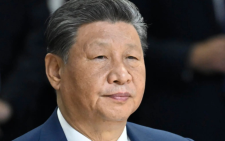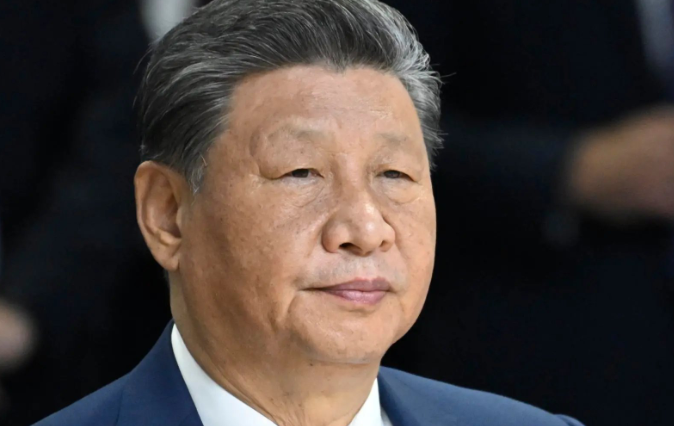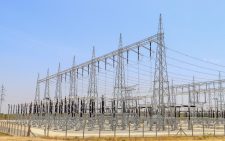Gulf, Galana yet to pay $1.5b for imported oil

Kenya has paid more than Sh210billion ($1.4 billion) under the government-to-government import credit scheme meant to address exchange rate volatility. However, Gulf Energy and Galana Energies are yet to pay Sh225billion ($1.5 billion) for oil imported since March this year.
President William Ruto’s administration changed oil importation processes by adopting a government-to-government (G-to-G) arrangement to attempt and ease pressure on Kenya’s declining foreign exchange reserves.
In what was a departure from the one-month settlement scheme, the government started importing diesel, super petrol and jet fuel on credit in a deal meant to ease demand for the dollar and prop up the shilling.
It was estimated that oil companies needed Sh75billion ($500million) to pay for fuel imports every month, with the sector accounting for 28 per cent of the import deal.
However, yesterday, Gulf Energy Chief Executive Officer Paul Limoh told the Senate Energy Committee chaired by Nyeri legislator Wahome Wamatinga that his company has paid Sh98.7billion ($686million) to Emirates National Oil Company.
“Gulf Energy is yet to pay US$1 billion (Sh150 billion) to Emirates National Oil Company. The amount paid is for Letters Credits which have matured since March,” said Limoh.
According to Kenya Commercial Bank (KCB) is the initial bank that financed the transactions for his company but I&M, Diamond Trust and UBA joined later on.
Oryx Energies Ltd CWEO Angeline Maangi said her company has paid Sh37 billion ($247million) to Aramco Trading Fujairah FZE (Aramco), adding that the amount pending stands at Sh24 billion ($161million).
Galana Energies Chief Executive Officer Anthony Munyasya told Senators his company has paid Aramco Sh11.4 billion ($76 million) and has an outstanding amount of Sh60 billion ($401 million).
The trio, Limoh, Maangi and Munyasya had appeared before the Senators to explain whether the G-to-G arrangement had eased pressure on the shilling.
Depreciating shilling
“We are not experts but the rate at which the shilling is depreciating is much slower now,” said Limoh.
Ledama Olekina (Narok) expressed concern that the amount pending is too huge, hoping that there will be no fuel shortage.
According to this administration, adopting G2G would significantly ease the pressure on the dollar, allowing other traders and importers to access the currency for their bills.
Government-to-government procurement is a method of procurement that occurs where a bilateral or multilateral agreement is entered into between the Government of Kenya and a foreign government, agency, entity, or multilateral agency.
Customarily, such an agreement would be a financing agreement such as a concessional loan or grant with respect to a project or supply of goods and services.
The G2G procurement method is not unique to Kenya with Britain and Iraq having entered into an arrangement wherein Britain would advance 10 billion pounds in loans to finance infrastructure projects in Iraq over a 10-year period. One of the conditions of the loan was that it would only benefit British companies.
In Kenya however, G2G is not regulated under the Public Procurement and Asset Disposal law and raises queries in relation to its compliance with the Constitution of Kenya.
The Constitution of Kenya in Article 227 requires that a public procurement system be fair, equitable, transparent, competitive, and cost-effective.
The Standard Gauge Railway marked the introduction of G2G procurement in the country with the project being financed through concessional loans and grants from the Chinese government.
Terms and conditions imposed by such concessional loans and grants were therefore not subject to the procurement laws.
The project sparked controversy and the Law Society of Kenya (LSK) filed a case in the Kenyan High Court challenging the procurement method used for the SGR in which they cited lack of competition as one of the grounds for the challenge.
.












